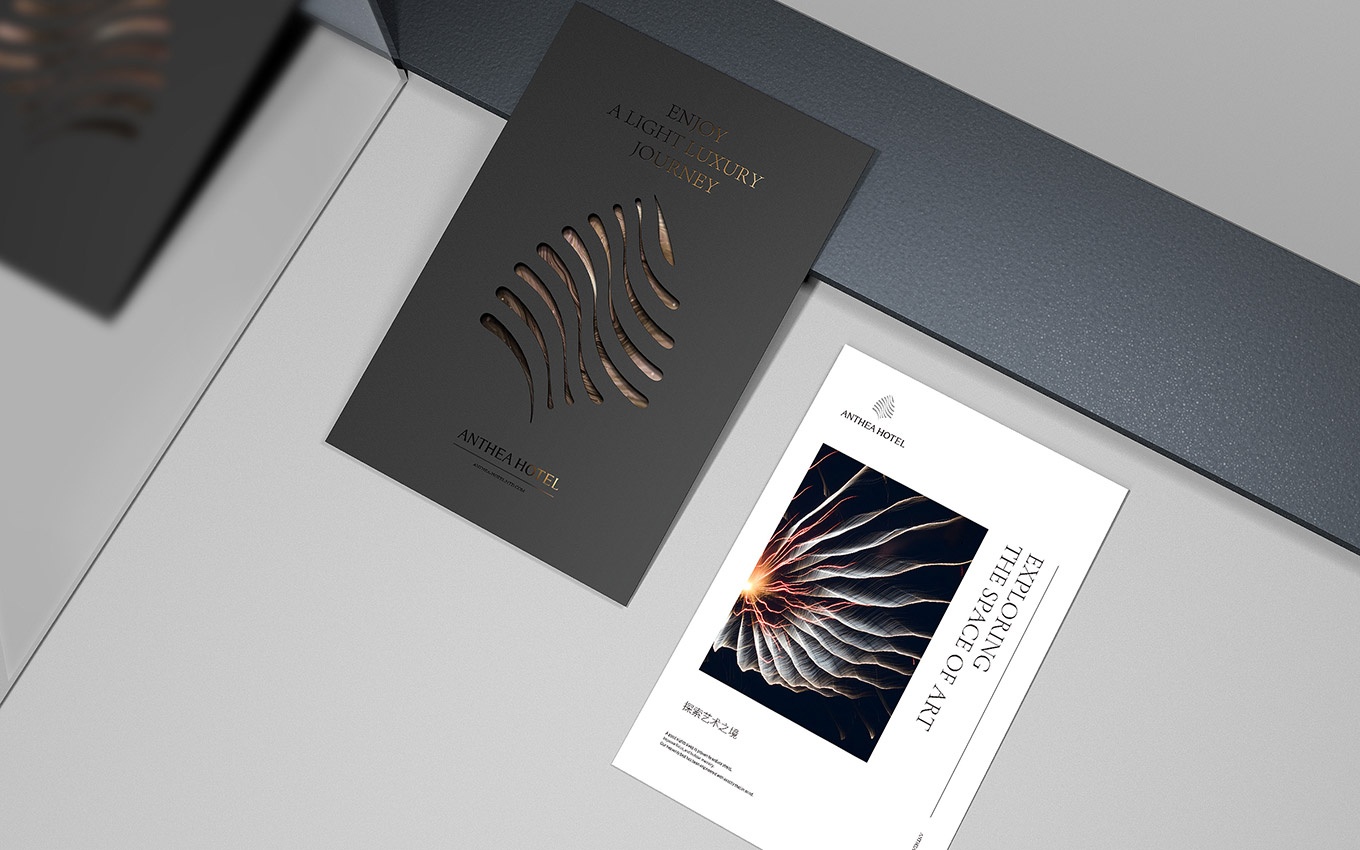**企業行業發展趨勢**
隨著科技的不斷進步和全球化的深入發展,企業行業正經歷著快速而深刻的變革。在未來的發展中,我們可以看到幾個重要的趨勢將主導著企業的發展方向。
,數字化轉型將成為企業的核心競爭力。隨著數字技術的普及和應用,企業將更加注重數字化轉型,通過云計算、大數據分析、人工智能等技術手段提升生產效率、優化管理流程,并實現個性化、智能化的服務。這將不僅帶來生產效率和成本優勢,還將提升企業的競爭力和市場地位。
,可持續發展將成為企業的重要戰略方向。隨著環境保護意識的提升和可持續發展理念的普及,企業將更加關注生態環境的保護和資源的合理利用。綠色生產、低碳發展、循環經濟等將成為企業發展的重要方向,通過節能減排、資源循環利用等舉措,實現經濟效益與環境效益的雙贏。這不僅符合社會的發展趨勢,還能提升企業的品牌形象和社會責任感,獲得更廣泛的認可和支持。

配圖為廣州vi設計公司作品
企業VI設計是建立在企業形象識別系統之上的,它是企業對外溝通的重要手段之一,具有很高的實用價值和廣泛的應用前景。在進行企業VI設計時,需要考慮以下幾個要點:
1. 品牌標識:
品牌標識是企業VI設計的核心,也是企業形象的基礎。品牌標識包括企業的標志、商標、標識符號等,它是企業的視覺代表,能夠在市場競爭中起到標識、宣傳、傳播企業形象的作用。在設計品牌標識時,需要考慮到企業的定位、行業特點、目標受眾等因素,確保品牌標識能夠準確地表達企業的核心理念和特色。
2. 視覺元素:
除了品牌標識之外,企業VI設計還包括一系列的視覺元素,如色彩、字體、圖形等。這些視覺元素構成了企業VI系統的基本組成部分,能夠在品牌傳播中起到統一、穩定、連貫的作用。在確定視覺元素時,需要考慮到其與品牌標識的協調性和一致性,確保整個VI系統的統一性和完整性。
3. 應用規范:
企業VI設計不僅僅是一套靜態的視覺形象,更重要的是一種具有實際應用意義的設計方案。因此,在進行VI設計時,需要制定相應的應用規范,明確各種視覺元素的使用方式、尺寸規格、位置要求等。這些應用規范能夠幫助企業在各種場合下保持品牌形象的一致性和專業性,提升品牌的知名度和美譽度。
4. 品牌傳播:
,企業VI設計的目的是為了有效地傳播和推廣企業的品牌形象。因此,在設計VI系統時,需要考慮到其在不同傳播渠道下的適用性和效果。無論是在印刷品、數字媒體還是實體環境中,都需要確保品牌形象能夠清晰、準確地傳達給目標受眾,從而達到品牌推廣的最終目標。
1. Enhancing User Experience: Effective industrial design can greatly enhance the user experience of a product, leading to increased customer satisfaction and loyalty. By focusing on ergonomics, aesthetics, and usability, companies can create products that are intuitive to use and aesthetically pleasing. This not only improves the perceived value of the product but also strengthens the brand image of the company in the market.
2. Differentiation and Competitive Advantage: In today's crowded marketplace, differentiation is crucial for businesses to stand out from competitors. Thoughtful and innovative product design can serve as a key differentiator, allowing companies to offer unique features or functionalities that set their products apart. This not only attracts customers but also enables companies to command premium prices and establish a strong competitive advantage within their industry.
3. Cost Reduction and Efficiency: Efficient industrial design can lead to cost reduction throughout the entire product lifecycle. By optimizing manufacturing processes, materials usage, and assembly techniques, companies can reduce production costs while maintaining or even improving product quality. Additionally, streamlined designs often result in lighter and more compact products, reducing shipping and storage costs. These cost savings contribute to higher profitability and competitiveness within the industry.
4. Sustainability and Environmental Responsibility: With increasing awareness of environmental issues, consumers are placing greater importance on sustainability when making purchasing decisions. Designing products with eco-friendly materials, energy-efficient features, and recyclability in mind not only reduces the environmental impact but also appeals to environmentally conscious consumers. Moreover, adopting sustainable practices in product design can enhance the reputation of a company as a socially responsible entity, attracting environmentally conscious investors and partners.

業務咨詢 付小姐

業務咨詢 張小姐

總監微信咨詢 付小姐